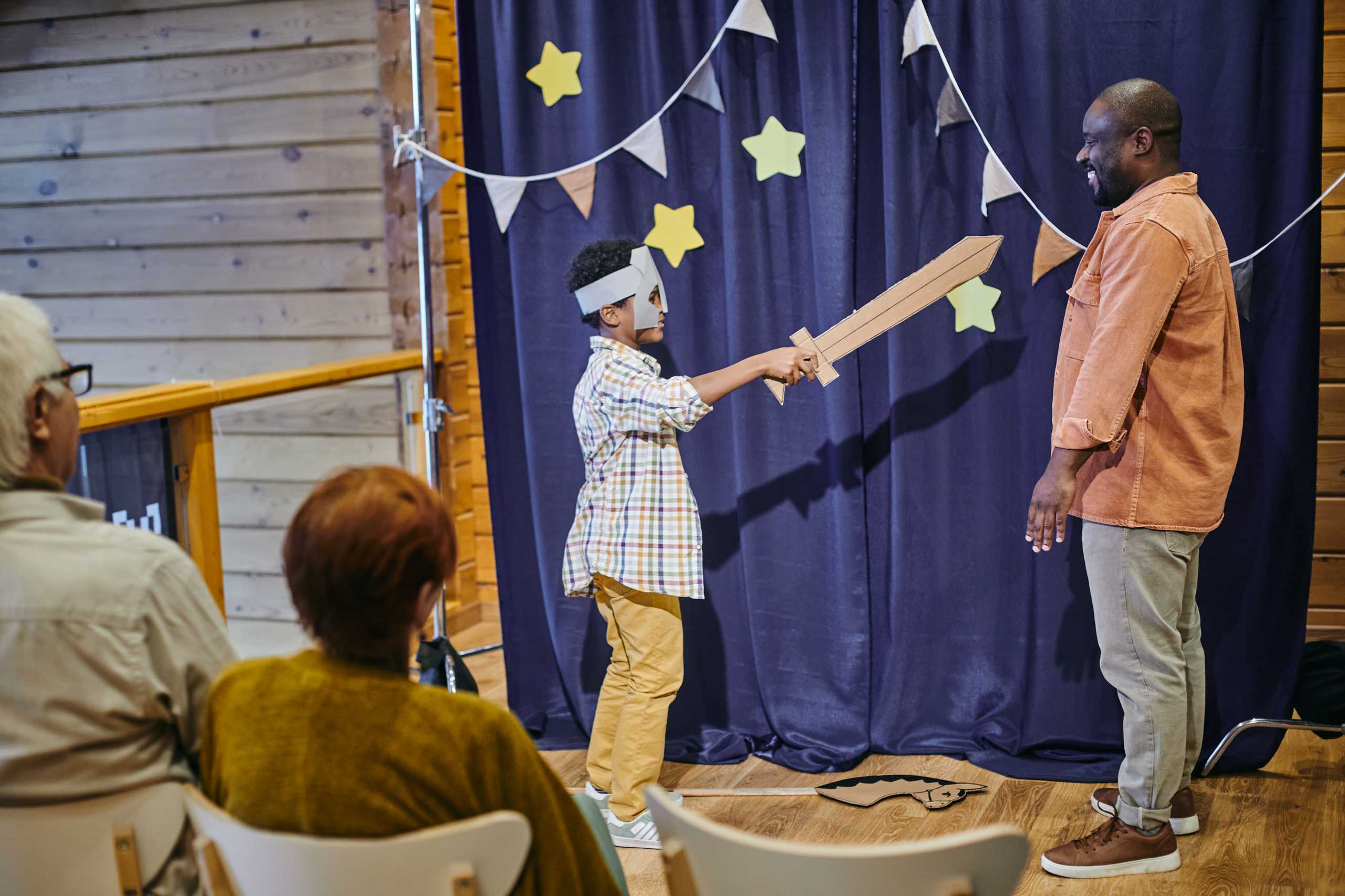Address
304 North Cardinal
St. Dorchester Center, MA 02124
Work Hours
Monday to Friday: 7AM - 7PM
Weekend: 10AM - 5PM
Address
304 North Cardinal
St. Dorchester Center, MA 02124
Work Hours
Monday to Friday: 7AM - 7PM
Weekend: 10AM - 5PM

Introduction
Improvisation is more than just thinking on your feet—it’s a powerful tool that builds confidence, creativity, and stage presence. For beginners, learning to improvise can transform the way you perform and connect with your audience.
Why Improvisation Matters
Improvisation develops multiple skills simultaneously:
Even brief improv exercises can improve your timing, listening skills, and ability to adapt to any stage situation.
Simple Improvisation Exercises
Try these exercises to build your confidence:
Regular practice of these exercises will make improvisation feel natural over time.
Overcoming Fear of the Unknown
Many beginners feel anxious about improvising. To overcome this:
Conclusion
Mastering improvisation opens doors to creative freedom and stronger performances. Embrace spontaneity, stay present, and watch your confidence soar both on and off the stage.